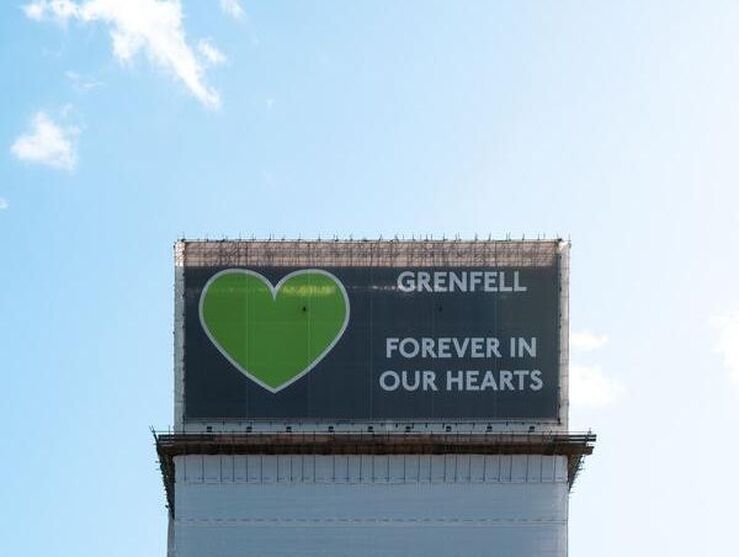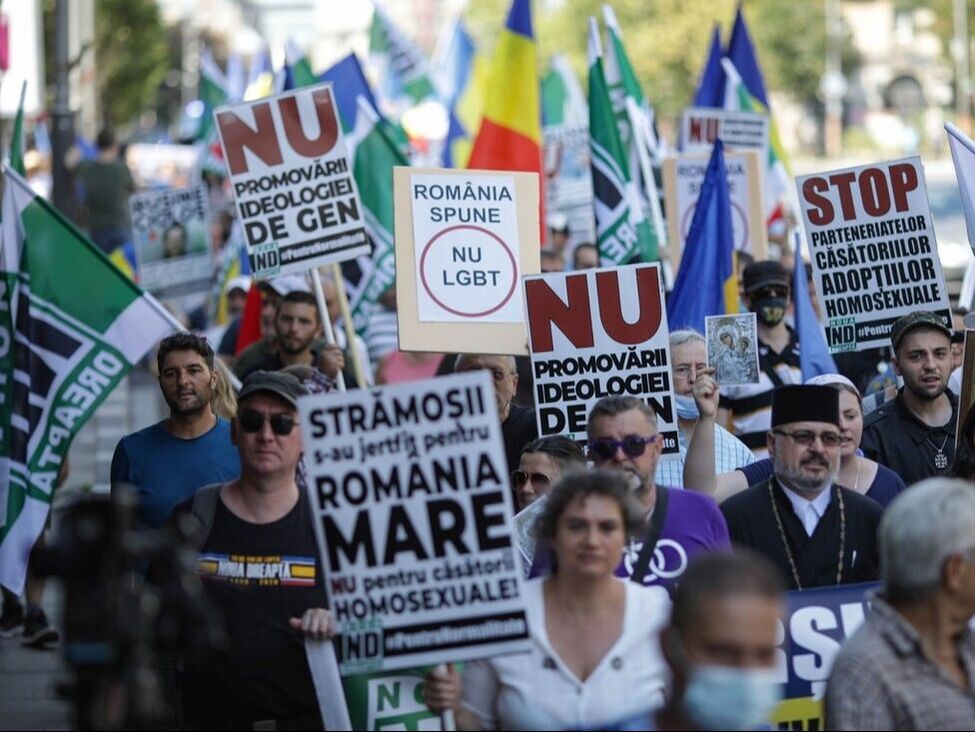|
|
|
On the 14th June 2017, a horrific fire swept through Grenfell Tower in west London, killing 72 people and leaving hundreds more homeless and traumatised. For those of us who witnessed the tragedy unfold, either directly or through media coverage, the images of the burning tower beyond the control of the firefighters will stay with us for a lifetime.
Situated within the wealthy borough of Kensington and Chelsea, with a 71% white demographic, the 24-storey tower block was home to mainly social housing tenants of many ethnicities and backgrounds. Much has been written about how social marginalisation had created a hostile and dangerous environment for residents of the tower. In the years preceding the fire, they were treated as expendable against the forces of gentrification, de-regulation and cuts, and their voiced concerns about the loss of green areas and fire safety in Grenfell Tower were repeatedly ignored. In 2019, the Grenfell Tower Inquiry Report determined that the speed with which the fire spread was due to the combustibility of the substandard exterior cladding, an addition made largely to enhance the tower’s appearance to surrounding neighbourhoods.
0 Comments
In 2018, Romania organised a national referendum with the goal of defining in the Constitution that a family is composed of a man and a woman. Most of the parliamentary political parties openly supported the issue. The turnout failed to pass the 30% threshold needed for the referendum to be validated, but 93% of those who voted were in favour of this restrictive definition of family. It should be noted that the Romanian referendum was not an isolated case. Similar mobilisations around family and marriage issues have taken place throughout Central and Eastern Europe since the beginning of the 2010s (Croatia 2013, Slovakia 2015, or Slovenia 2015, for instance).
In our Identities article, ‘No populism’s land? Religion and gender in Romanian politics’, we analysed the way parliamentarians used religious symbols and contents within their speeches during the debates for the 2018 referendum. We focused our research on the parliamentary debates covering the adoption of the referendum in Parliament (2012–2018) and the follow-up period (2018–2020) to analyse the ways political actors conceive and represent religion and gender in contemporary politics. |
|
Explore Identities at tandfonline.com/GIDE |
|
The views and opinions expressed on The Identities Blog are solely those of the original blog post authors, and not of the journal, Taylor & Francis Group or the University of Glasgow.


